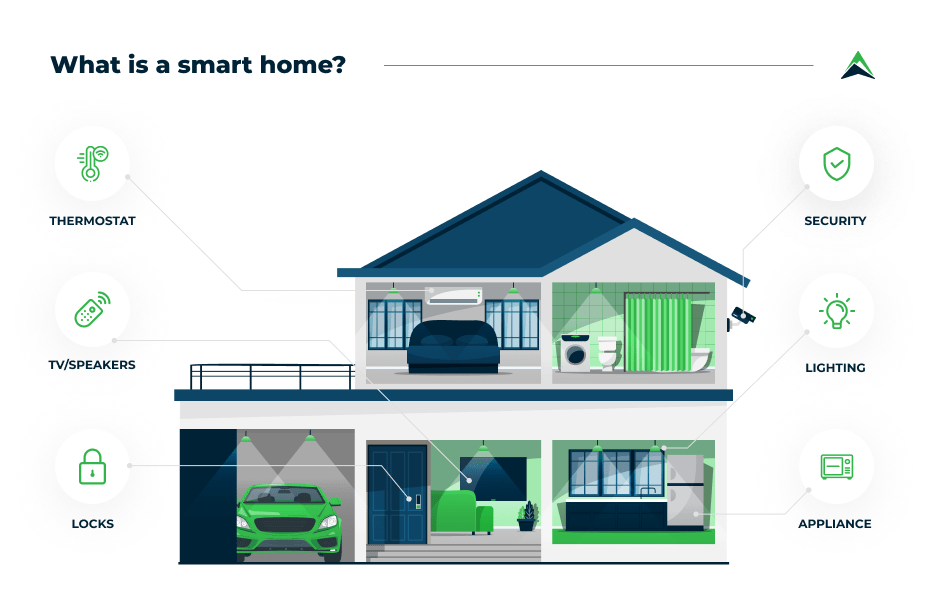EOTO 2: TikTok bans
.・。.・゜✭・.・✫・゜・。..・。.・゜✭・.・✫・゜・。.
You might have seen news of a possible TikTok ban in the US, but what does that mean for us?
First, we will start with the background. The Chinese app "ByteDance" bought out the app "Musical.ly" in late November 2017 and relaunched it under the name "TikTok" in 2018. The app remained the same for users, with a different name, logo, and color interface. At the time, not many people thought much of it other than some distress from users. Soon, that disappeared, and the app started gaining more traction. As the app grew, security concerns regarding national security and data privacy began to be raised. The United States government gave ByteDance an ultimatum: They needed to sell the US side of their company, or the government would ban the app.
Banning the app in its entirety could decrease security risks and protect our data, but it could also lead to adverse effects. This ban could result in job losses, advertising shifts, disruption of news sources, and creativity limitations.
Job losses refer to the influencers and content creators relying on TikTok as their primary income source. Forms of entertainment, such as live comedy, have found a new life in the form of TikTok lives. These lives can bring in many new fans and money for the creator. Cutting this off forces these people to transition to a new app to share their comedy, which only sometimes has a high success rate. News on TikTok is typically not backed by sources and can be hearsay. As I mentioned in my first blog post, I will hear something on the app and then use a different website or app to fact-check it. Typically, the story resembles what was said in the TikTok video but is a much calmer and less dramatic version.
Who could this ban affect?
As I mentioned previously, content creators' lives would shift dramatically. What about TikTok's primary user base, the youth? They don't only use it as an entertainment app; it's a way to connect with their friends, learn, and keep up with their favorite influencers. The platform is also used for activism, particularly by Gen Z. It's a straightforward way to spread awareness about social issues worldwide. During the height of the black lives matter movement in mid-2020, the app was a center for activism. TikTok as an activism platform is super effective because awareness about problems can be shared in digestible ways because of its short-form format. This allows the user to see hundreds of videos an hour if they desire, which is a lot of content to consume in a relatively short time.
Why is the government allowed to do this?
Back to what I mentioned earlier, it's become national security and caused data privacy concerns. It all comes down to the US being nervous about what China might do with our info. They have referenced laws that allow the Chinese government to demand data from Chinese companies. They hold all of the American data, which threatens our government.
Many people find the TikTok bans aggravating, but the idea behind them is meant to prevent any possible issues in the future.













